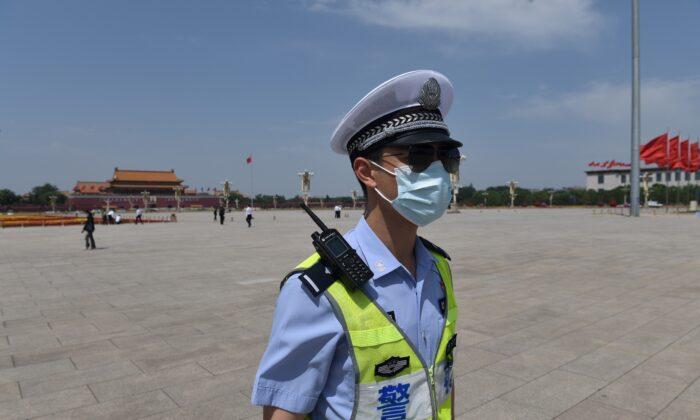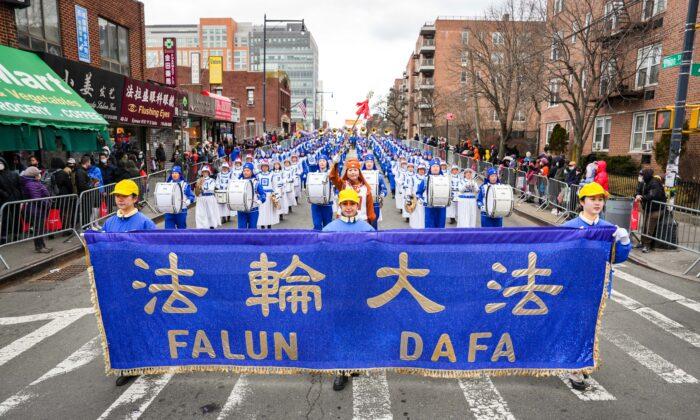This year, at least 20 people per day will be “disappeared” by the Chinese communist regime, according to a recent report by human rights group Safeguard Defenders.
This system, which was legalized in 2013 and officially known as “Residential Surveillance at a Designated Location” (RSDL), allows Chinese police to operate without supervision and endows them with “unparalleled power over its victims,” said Peter Dahlin, director of the Madrid-based nonprofit.
“If the police wanted to, they can on day one break every bone in your body, let you heal up for six months, then release you—and no one would ever know,” Dahlin told The Epoch Times in an email.
Drawing from data on court verdicts posted on China’s supreme court database, Safeguard Defenders estimated that between 28,000 to 29,000 people have been placed into RSDL from 2013 to the end of 2019. However, the real number is likely to be far greater given that this figure doesn’t include those who were released from RSDL before any trial, the group noted.
The regime’s “widespread and systemic use” of enforced disappearances, reminiscent of kidnappings by South American dictatorships during the 1960s and 1970s, may constitute a crime against humanity under international law, the report concluded.
Dahlin said the system is often used against high-profile targets such as lawyers, NGO workers, journalists, and foreigners caught under the regime’s “hostage diplomacy.” These victims are detained for a lengthy period and released without their case proceeding to indictment or trial, the group said.
Based on interviews with China’s RSDL victims, the group found that a significant number of victims reported physical torture, and all reported psychological torture.
“Once inside, you will live your life inside a small cell, and victims speak of not seeing daylight for months on end, and the fluorescent lights in the room are always on,” Dahlin said.
“In fact, the only break from staring into the wall will be the interrogation sessions that often takes place in another room near the cell, most often at night, to ensure disruption of sleep.”
Dahlin said that most victims who were later detained in detention centers or prison recounted their time in RSDL as “far harder, far tougher, than anything else.”
Given that RSDL is a form of solitary confinement, its use for more than 15 days constitutes torture under the United Nations Convention Against Torture—a treaty ratified by China, Dahlin said.
The Disappeared
The case of prominent Chinese human rights lawyer Gao Zhisheng highlights how the regime uses enforced disappearances to punish its critics.“One moment, they will tell him [Gao] is in Beijing and need to ask for instructions from higher-ups. The next moment, they say he is in Yulin, and that they don’t know where he is either,” Geng said.
Geng has implored the international community to help with finding her husband.
“Every day, I worry,” Geng said. “As soon as I stop working, I immediately think of him. It suddenly jumps into my mind, and then I call his older brother, but there is still no news.”





